Share
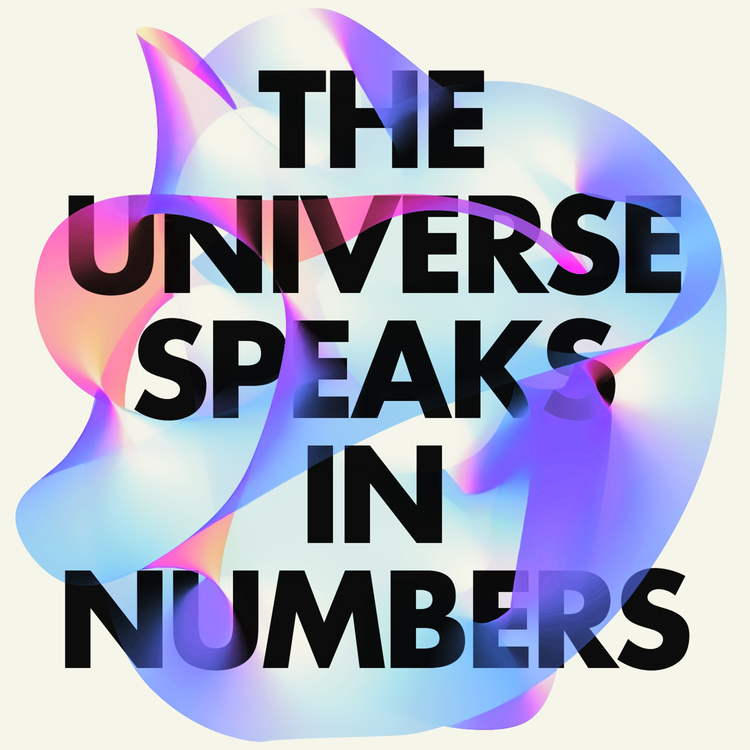
The Universe Speaks in Numbers
The Universe Speaks in Numbers: Luis Álvarez-Gaumé interviewed by Graham Farmelo
Season 1, Ep. 17
•
Fundamental physics and pure mathematics have never been so closely intertwined. Over the past few decades, some of the world’s leading theoretical physicists and mathematicians explored these connections at the Simons Center at Stony Brook University. In this podcast, the director of the Simons Center, the Spanish string theorist Luis Álvarez-Gaumé, talks about how best to exploit the miraculously close mathematics-physics relationship and hopes for the future.
This is one of a series of interviews given by world-class experts to Graham on the themes he explores in his new book The Universe Speaks in Numbers.
More episodes
View all episodes
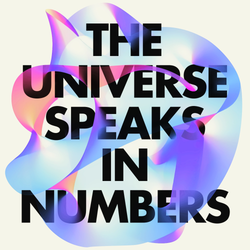
24. The Universe Speaks in Numbers: Phil Anderson interviewed by Graham Farmelo
45:50||Season 1, Ep. 24Phil Anderson was one of the most creative theoretical physicists of the past century. Among dozens of key contributions, he pioneered our understanding of symmetry breaking and paved the way to our modern understanding of weak and electromagnetic interactions, and the prediction of what became known as the Higgs boson. He did all this without state-of-the-art mathematics and was wary of mathematics-led approaches to our understanding of Nature. In this interview, recorded on 31 July 2014, he talks about his early career and his suspicions of string theory. He also tells me what topics he would advise bright young scientists to study.This is one of a series of interviews given by world-class experts to Graham on the themes he explores in his new book The Universe Speaks in Numbers.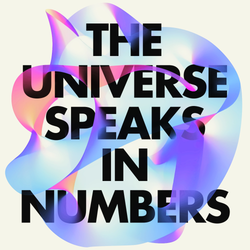
24. The Universe Speaks in Numbers: Nima Arkani-Hamed interviewed by Graham Farmelo (part 2)
18:15||Season 1, Ep. 24The second part of leading theoretical physicist Nima Arkani-Hamed's inspiring interview with Graham about the mysterious harmony between pure mathematics and fundamental physics.This is one of a series of interviews given by world-class experts to Graham on the themes he explores in his new book The Universe Speaks in Numbers.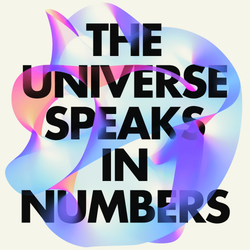
23. The Universe Speaks in Numbers: Martin Rees interviewed by Graham Farmelo
22:10||Season 1, Ep. 23Cosmologist Martin Rees, a pioneer of multiverse concept, is one of the most productive and respected thinkers about the origins and development of the universe. A former president of the Royal Society, he is also famous for his wise and thoughtful commentary on the state of science, and his thinking about the future. In this interview, he ranges widely over many themes, including the question of whether the pursuit of fundamental physics will one day run out of steam, become too expensive and perhaps too difficult to pursue.This is one of a series of interviews given by world-class experts to Graham on the themes he explores in his new book The Universe Speaks in Numbers.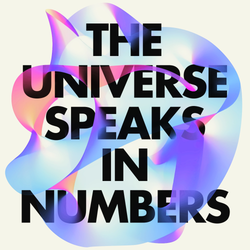
22. The Universe Speaks in Numbers: Karen Uhlenbeck interviewed by Graham Farmelo
15:13||Season 1, Ep. 22The interplay between fundamental physics and pure mathematics has led to many remarkable mathematical insights over the past fifty years. Karen Uhlenbeck is one of the mathematicians who made pioneering insights into geometry when studying the physicists' gauge theory of particle interactions. In this podcast, she talks candidly about how many mathematicians came only grudgingly to accept in the 1960s and 1970s that they could do first-class work by focusing on topics whose importance had first been emphasised by physicists, in connection with understanding the real world.This is one of a series of interviews given by world-class experts to Graham on the themes he explores in his new book The Universe Speaks in Numbers.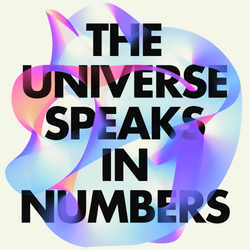
21. The Universe Speaks in Numbers: Steven Weinberg interviewed by Graham Farmelo
01:05:34||Season 1, Ep. 21Steven Weinberg is perhaps the most accomplished living theoretical physicist. Now based at the University of Texas at Austin, he has made substantial contributions to our understanding of all the fundamental forces of Nature. In this podcast, he reflects on his career in physics, the 'golden years' in which he and others put the finishing touches to the Standard Model of particle physics, and his views about the future of theoretical physics.This is one of a series of interviews given by world-class experts to Graham on the themes he explores in his new book The Universe Speaks in Numbers.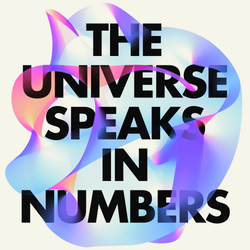
20. The Universe Speaks in Numbers: Zohar Komargodski interviewed by Graham Farmelo
18:05||Season 1, Ep. 20Much of understanding of the universe at the finest level is based on modern field theory, rooted in the pioneering contributions of the nineteenth century British natural philosophers Michael Faraday and James Clerk Maxwell. In this podcast of most brilliantly creative young field theorists, Zohar Komargodski tells us why this subject is still so rich in potential, and why he is quite happy to work on it without the stimulus of new and surprising experimental data.This is one of a series of interviews given by world-class experts to Graham on the themes he explores in his new book The Universe Speaks in Numbers.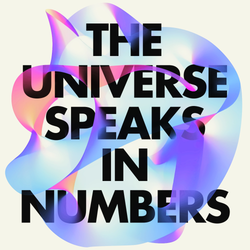
19. The Universe Speaks in Numbers: Simon Donaldson interviewed by Graham Farmelo
16:03||Season 1, Ep. 19The discoveries the Simon Donaldson made in the early 1980s about four-dimensional spaces 'stunned the mathematical world', his research adviser Michael Atiyah later recalled. Donaldson was using the physicists' theory of particle interactions to study space itself – with truly remarkable results. In this podcast, Donaldson recalls how he became interested in physics, remembers his most famous discoveries and looks forward to an increasingly close relationship between mathematicians and physicists.This is one of a series of interviews given by world-class experts to Graham on the themes he explores in his new book The Universe Speaks in Numbers.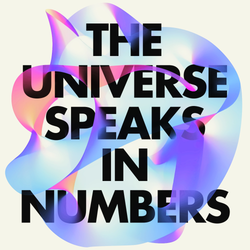
18. The Universe Speaks in Numbers: Douglas Stanford and Pedro Vieira interviewed by Graham Farmelo
32:10||Season 1, Ep. 18Douglas Stanford and Pedro Vieira are two of the most brilliant young theoretical physicists who are seeking to understand nature at its finest level. In these two interviews, Stanford and Vieira talk about their work and explain why they are content to spend their times developing fundamental theories of nature, with little or no surprising new inputs from new observations and experiments. This is one of a series of interviews given by world-class experts to Graham on the themes he explores in his new book The Universe Speaks in Numbers.